PM Mitsotakis: ‘The stability and prosperity of Egypt is of critical importance to the EU’
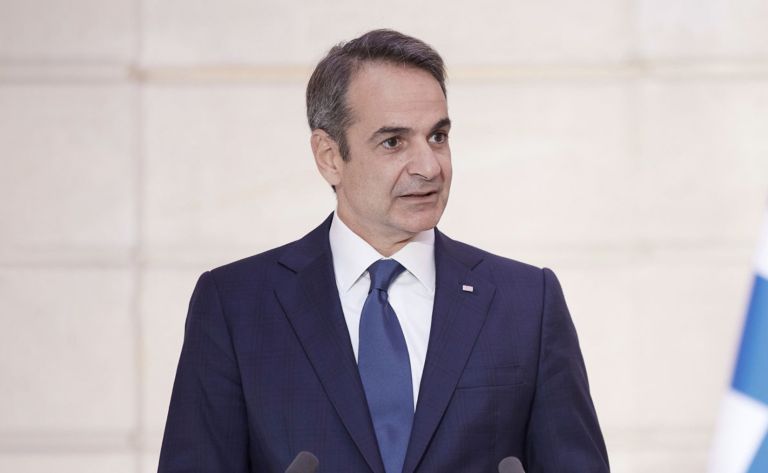
Πηγή Φωτογραφίας: EUROKINISSI
The European Union stands ready to assist Egypt in facing its biggest challenges, Prime Minister Kyriakos Mitsotakis said on Sunday, in statements during a joint press conference held after a meeting of European leaders with Egyptian President Abdel Fattah El-Sisi in Cairo.
“For those of us who have been advocating a long time for a stronger and closer partnership between the EU and Egypt, today is indeed a very, very special moment,” the Greek prime minister said. He noted that the implementation of the comprehensive and strategic partnership with Egypt sets clear goals in terms of strengthening the relationship between the EU and Egypt and “recognises a very simple fact, that the stability and prosperity of Egypt is of critical importance to the EU.” Greece will continue to be a steadfast supporter of Egypt’s relations with the EU and to recognise the crucial role that Egypt is called upon to play on numerous areas of common interest, the Greek premier said.
Mitsotakis noted that the strategic partnership was being signed in a time of great upheaval in the Middle East: “The topic was extensively discussed in our meetings and we are all gravely concerned about the situation in Gaza, especially ahead of a possible ground invasion in Rafah, which – as the president of the Commission said – must be avoided at all costs. The humanitarian situation in Gaza is simply unacceptable, the situation demands an immediate ceasefire, the release of all hostages and the opening of all avenues for humanitarian aid to alleviate the suffering of the innocent people of Gaza.” Pointing out that Egypt has a major role to play, Mitsotakis thanked the Egyptian president for his efforts in facing a crisis whose consequences directly affected Egypt and stressed that it was of paramount importance for the international community to “act jointly to prevent a further destabilisation of the wider region,” adding that Greece stands ready to contribute to any effort that will lead toward achieving regional stability.
“In that spirit our country has assumed a leading role in the defensive EU operation ASPIDES in the Red Sea with the aim of safeguarding freedom of navigation and protecting human life – an issue that is particularly importance also for Egypt and the revenues it gets from the Suez Canal. The collective EU effort with the support of regional stakeholders such as Egypt can contribute to a secure environment in that strategic maritime area and we have also supported the launch of the Cypriot initiative for a maritime corridor as a complementary humanitarian route to that of the Rafah Crossing,” Mitsotakis said. He noted that the meeting in Cairo was also an opportunity to discuss issues related to migration in light of the current geopolitical challenges in the Middle East and North Africa, while commending Egypt and its efforts in preventing flows from reaching the Mediterranean route by hosting huge numbers of migrants and curbing the illegal trafficking routes. “We’ve discussed that we must prevent the opening of new routes and we will work very closely with Egypt to ensure that this goal will be achieved. We will also work very closely with Egypt to ensure that we open up legal pathways to migration in order to offer more young Egyptians the opportunity to travel to Europe legally rather than possibly risking their lives on very treacherous journeys,” said Mitsotakis.
He concluded by referring to future cooperation in energy, noting that this has great potential for both sides. Egypt has the potential of becoming a powerhouse for the production of electricity from the wind and the sun, Mitsotakis said, while the two sides also reaffirmed their commitment to continue to advance projects such as the GREGY Interconnection between Egypt and Greece, which was recently been recognised as a Project of Mutual Interest by the EU.
Διαβάστε όλες τις τελευταίες Ειδήσεις από την Ελλάδα και τον Κόσμο






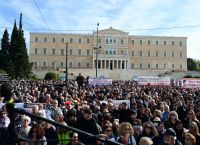

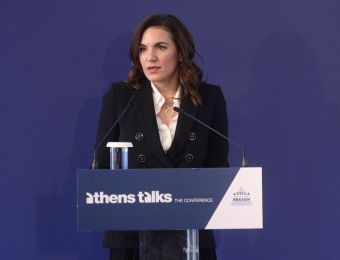
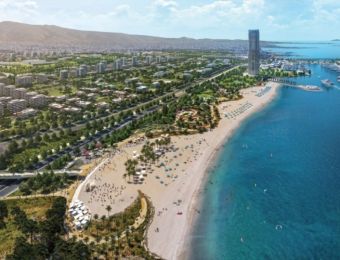



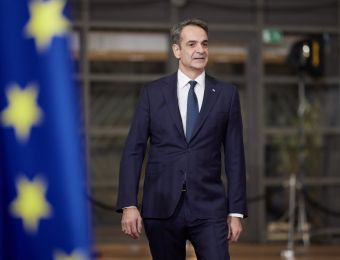

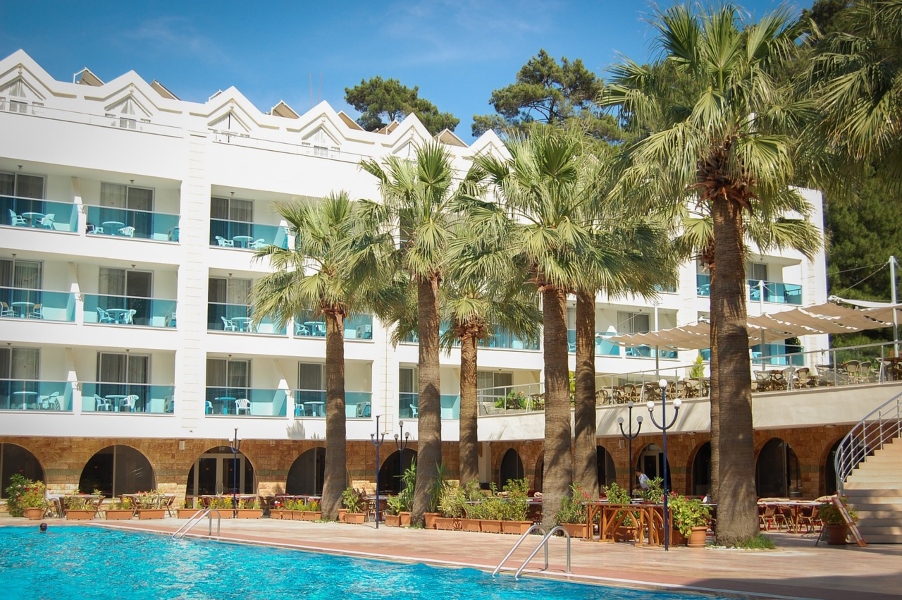

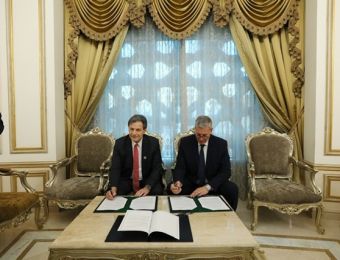
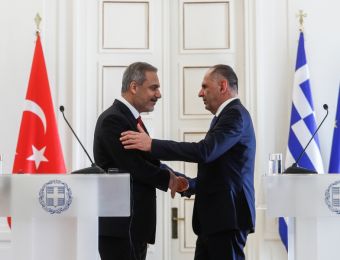
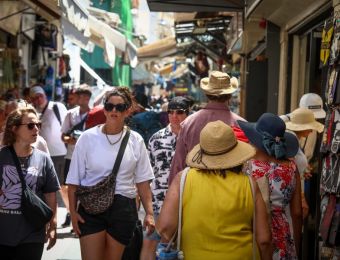

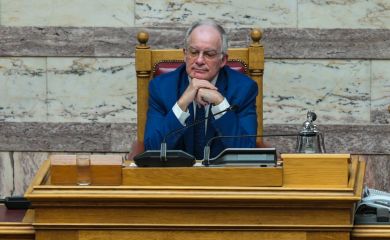
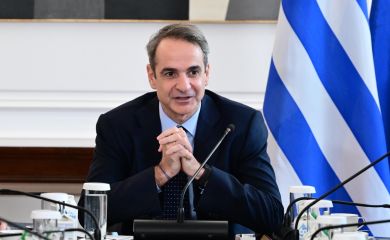
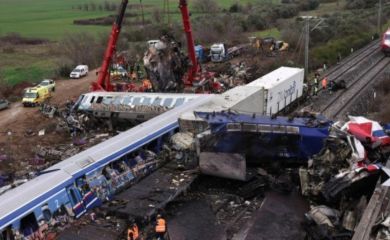
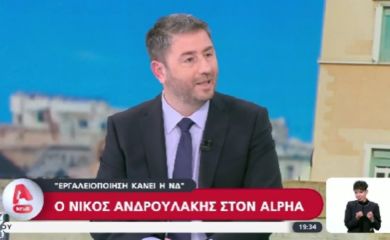
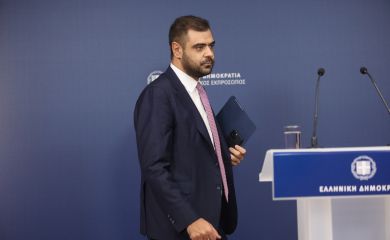
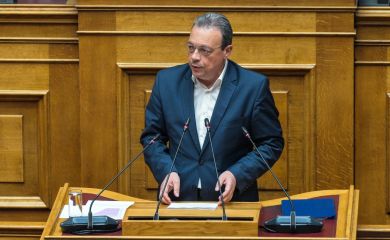
Το σχόλιο σας